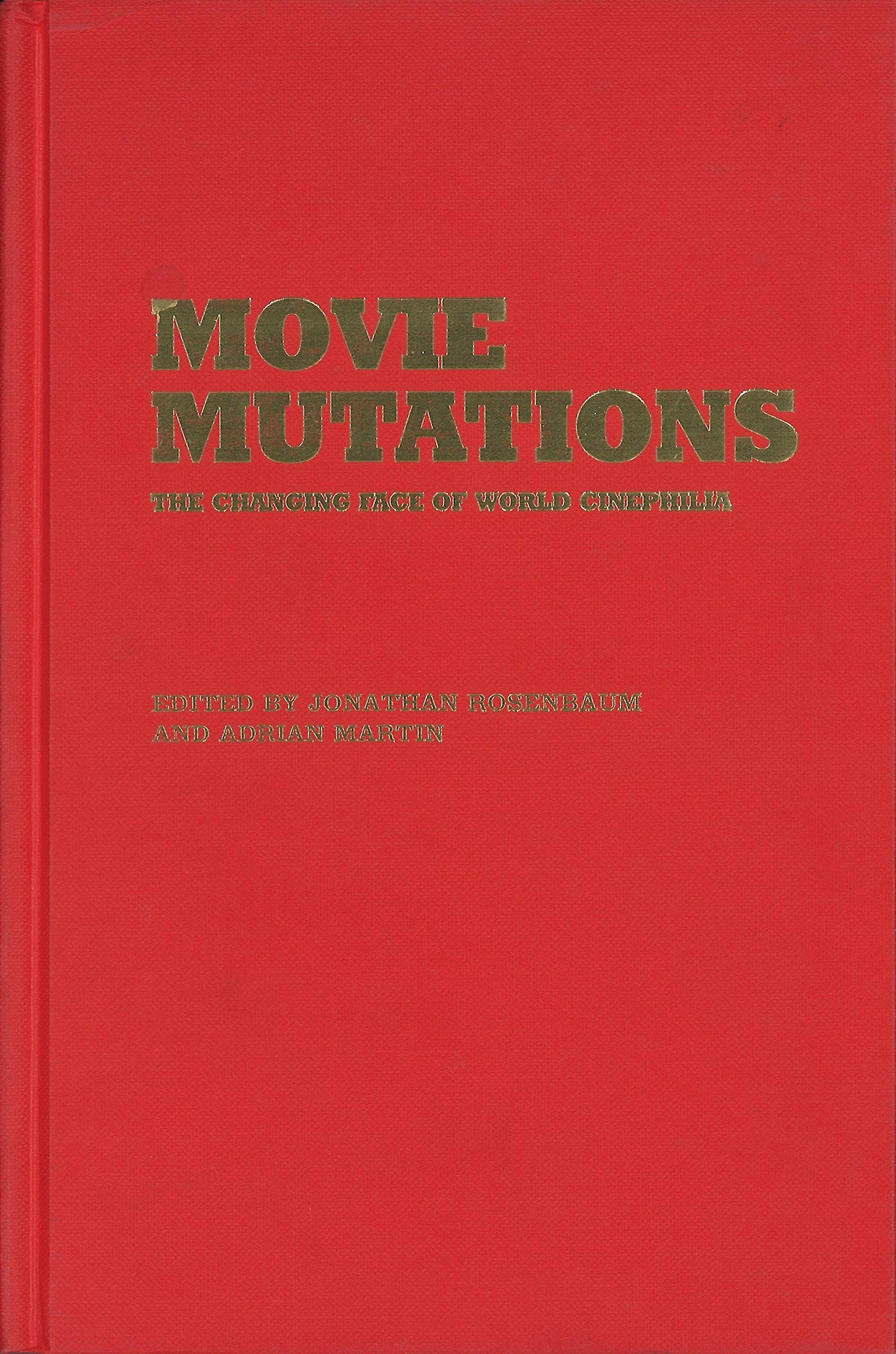
The idea of cinephilia is a crucial one for students of the cinema, but it is often associated with a bygone arthouse era. At the beginning of the twenty-first century, corporatism, public relations and bottom-line accounting seem to govern mainstream film-making. Formula-driven Hollywood blockbusters dominate the world marketplace. In times like these can ‘the love of cinema’ still flourish? In fact contemporary cinema is stunningly varied and rich. From Taiwan and Iran to Brazil and the Baltic states, it is flourishing and constantly mutating. Directors like Abbas Kiarostami, Hou Hsiao-hsien and Tsai Ming-liang are making extraordinary films that are the equal of the great classics, previously unrecognised works from the past are being discovered, and new definitions and boundaries of genres are being formulated. Even when this work is not widely distributed it is seen at film festivals on every continent and available on DVD; and it is being discussed in a proliferating number of print and web publications. Those who follow and share such work, as contributors from around the world demonstrate in this book, are forming new kinds of critical communities that enable significant exchanges between cultures at a time when other forces seem bent on keeping them mutually isolated. In contrast to any talk of ‘the death of cinema’, Movie Mutations pronounces the art form alive, well, and still developing in new and unforeseen directions. In weaving together transnational discussions and debates, Movie Mutations shows why the idea of cinephilia is just as relevant today as it ever was.
| Categorie | Carte straina |
|---|---|
| Magazin | carturesti.ro |
| Marca | British Film Institute |
